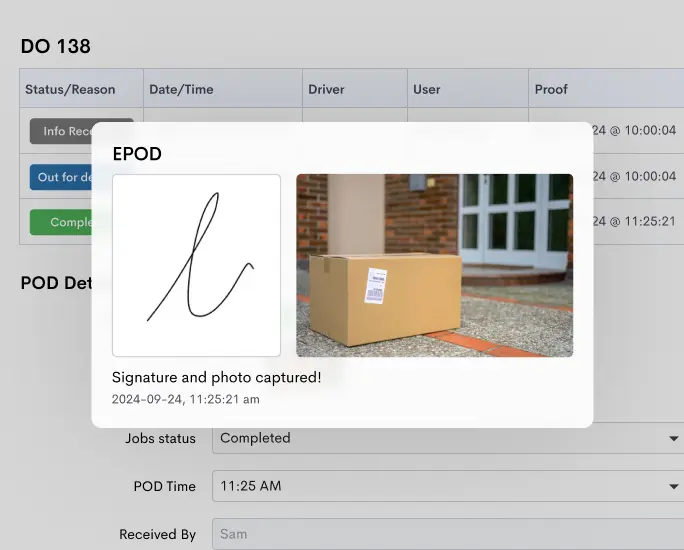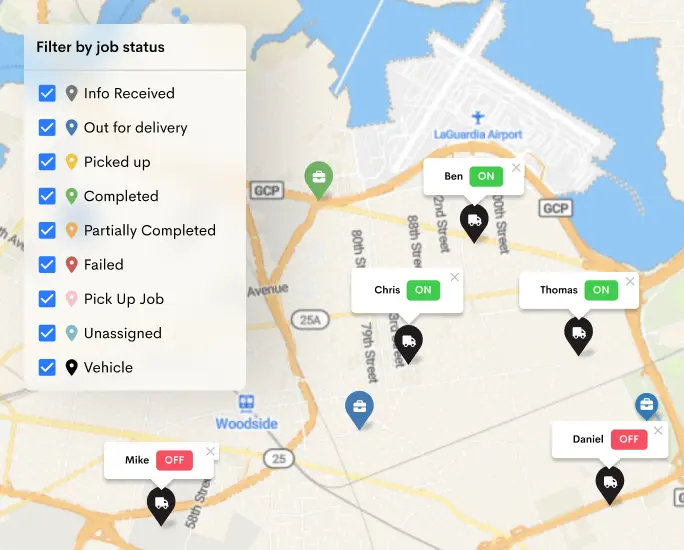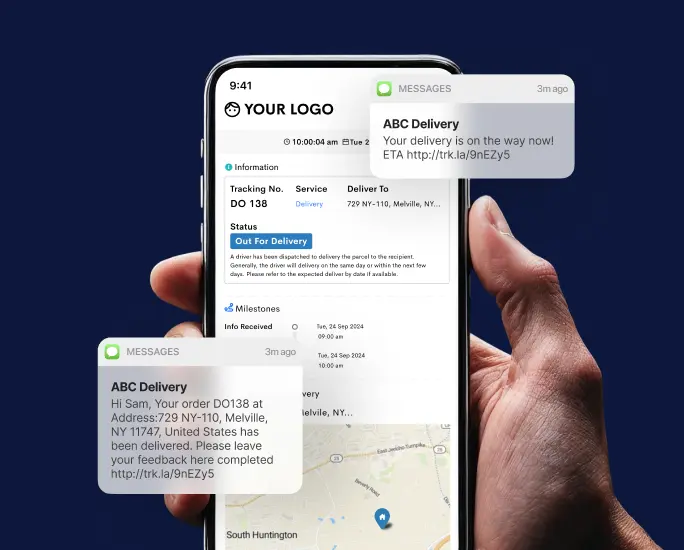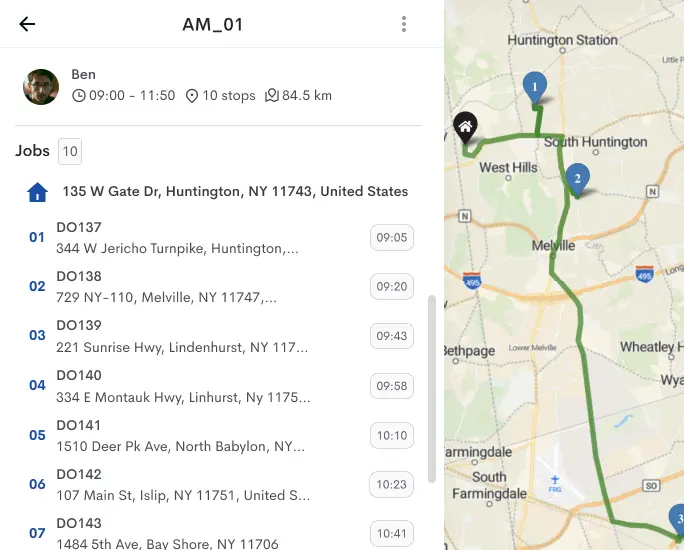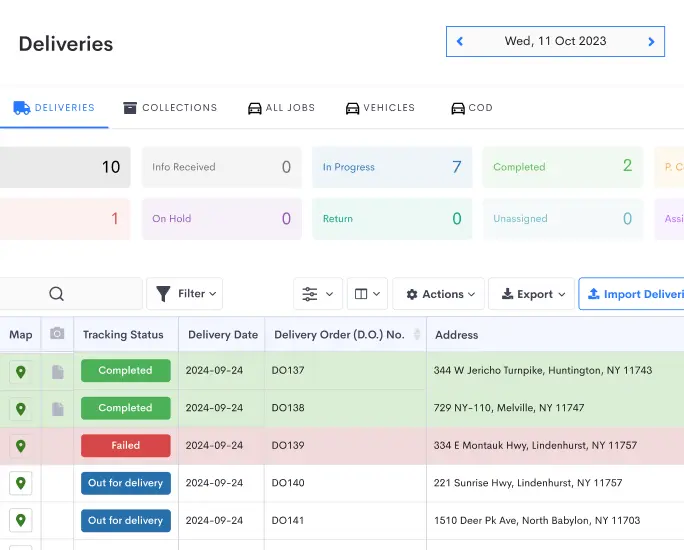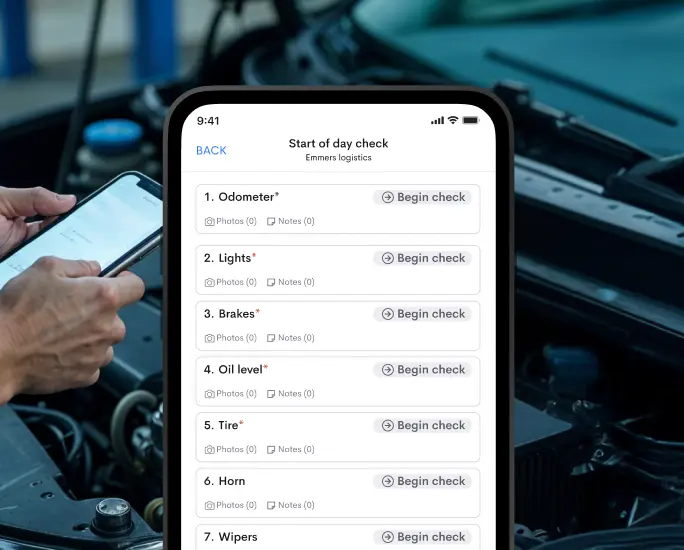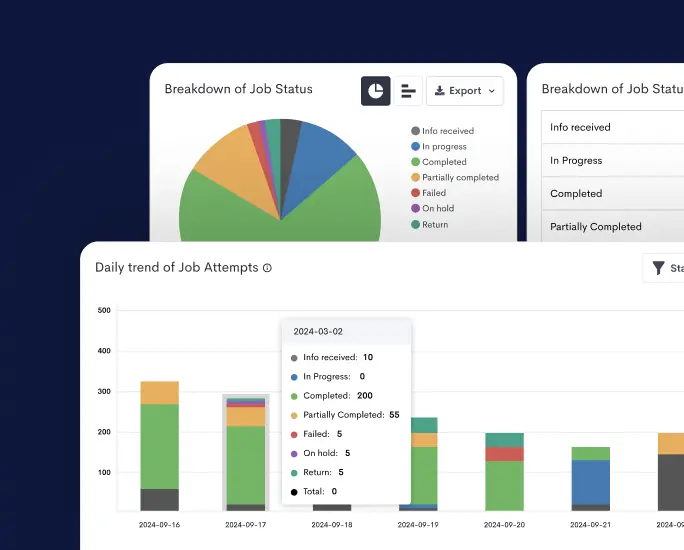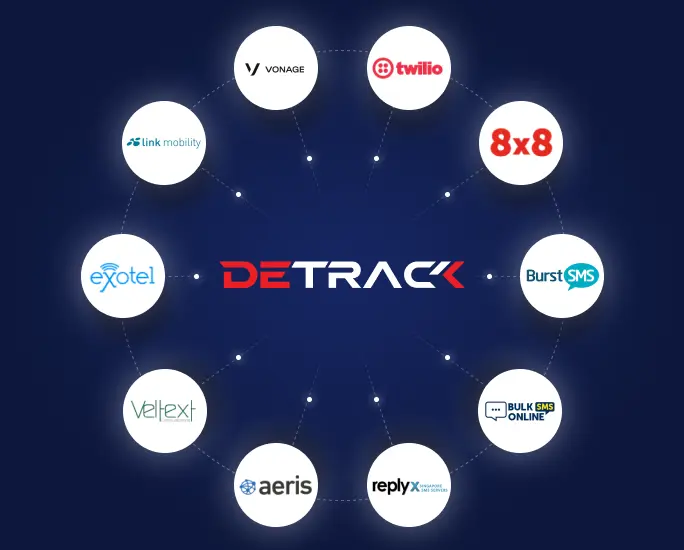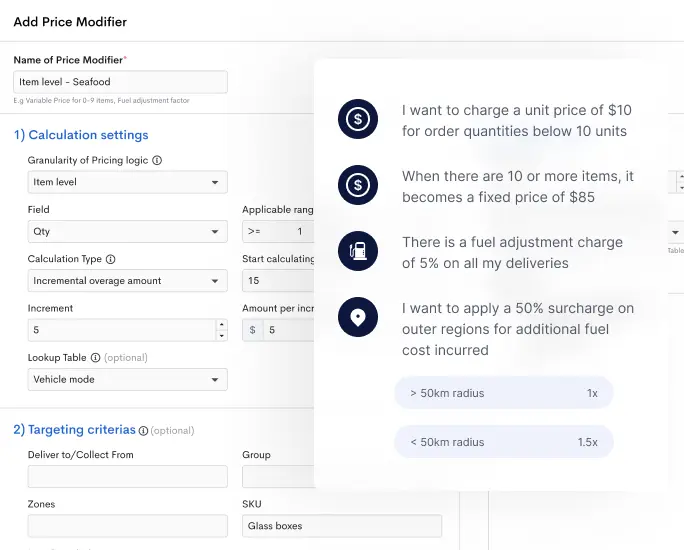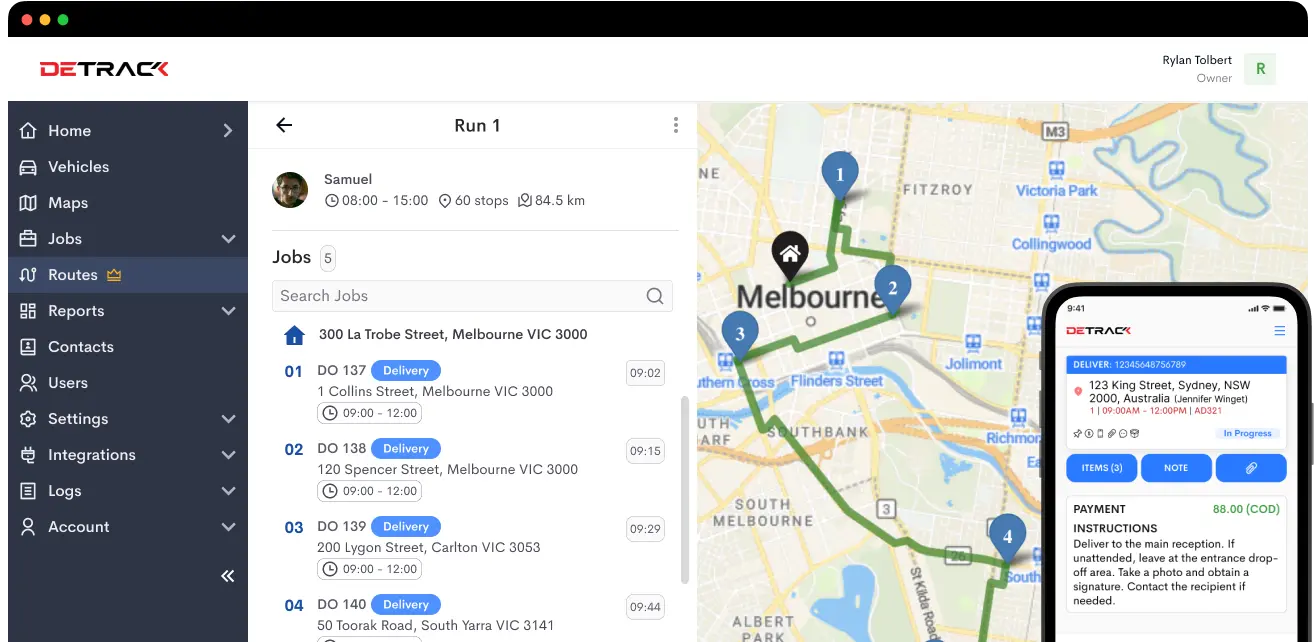The delivery management landscape is evolving rapidly. Fueled by technological advancements, shifting consumer expectations, and the global expansion of e-commerce, delivery management software is poised to undergo significant transformations. In this blog post, we’ll explore the future of delivery management software and how these changes will reshape the logistics industry.
| Efficient Deliveries with Detrack Manage your deliveries effectively with Detrack’s software, reducing costs and enhancing efficiency. Try Detrack Today! |

Future of Delivery Management Software
1. Increased Adoption of Artificial Intelligence (AI) and Machine Learning (ML)
AI and ML are pivotal in optimizing delivery routes, predicting delivery times, and enhancing customer experiences. These technologies will become more integral to the delivery of management software. AI-driven algorithms will enable more accurate demand forecasting, helping companies anticipate peaks in delivery volumes and allocate resources accordingly.
Machine learning models will also become more sophisticated, continuously learning from historical data to improve route optimization, reduce fuel consumption, and minimize delivery times. These advancements will lead to significant business cost savings and a more seamless consumer experience.
2. The Rise of Autonomous Delivery Vehicles
Autonomous vehicles, including drones and self-driving trucks, will become more prevalent in the logistics industry. Delivery management software must integrate these technologies to manage and optimize autonomous deliveries.
Drones, for instance, will be particularly useful for last-mile deliveries in urban areas, where traffic congestion can cause delays. By coordinating drone fleets through advanced software, companies can deliver packages faster and more efficiently.
Self-driving trucks will revolutionize long-haul logistics by reducing the need for human drivers and enabling 24/7 operations. This will cut down on delivery times and lower operational costs. The challenge for delivery management software will be ensuring these autonomous vehicles’ seamless integration into existing delivery networks.
3. Enhanced Real-Time Tracking and Visibility
Consumers’ demand for real-time tracking and visibility into their deliveries is only going to increase. Delivery management software will offer even more advanced tracking capabilities, providing customers with up-to-the-minute updates on their delivery status.
Enhanced GPS technology, combined with IoT (Internet of Things) devices, will allow companies to monitor the exact location of packages, vehicles, and even individual items within a shipment. This increased visibility will not only improve customer satisfaction but also enable businesses to respond quickly to any issues that arise during the delivery process.
Moreover, the integration of blockchain technology could provide an added layer of transparency and security. With blockchain, every step of the delivery process can be recorded in an immutable ledger, reducing the risk of fraud and ensuring that customers receive their orders as promised.

4. Personalization and Customer Experience
As competition in the delivery industry intensifies, companies will need to differentiate themselves through superior customer experiences. Delivery management software will play a key role in personalizing deliveries to meet individual customer preferences.
AI-powered customer profiles will enable businesses to tailor delivery options based on past behaviors and preferences. For example, some customers may prefer evening deliveries, while others may want their packages left in a secure location if they’re not home. Delivery management software will automate these preferences, ensuring a more personalized and convenient delivery experience.
In addition, enhanced communication tools will allow customers to interact with delivery drivers in real-time, making it easier to coordinate deliveries and resolve any issues. This level of personalization will become a key differentiator for businesses looking to build customer loyalty.
5. Integration with E-commerce Platforms
As e-commerce continues to grow, the integration of delivery management software with e-commerce platforms will become more seamless. This integration will enable businesses to offer a more streamlined shopping experience, from the moment a customer places an order to the final delivery.
For instance, customers will be able to track their orders in real-time directly from the e-commerce platform, without needing to visit a separate website. Automated updates will keep customers informed at every stage of the delivery process, reducing anxiety and improving satisfaction.
Moreover, delivery management software will facilitate more efficient returns processes, allowing customers to initiate returns and track their status effortlessly. This integration will be especially important as e-commerce companies seek to enhance customer service and reduce the friction associated with online shopping.
Improve Delivery Management with Detrack
In conclusion, the future of delivery management software is bright and full of potential. As we look ahead, businesses that embrace these emerging trends will be well-positioned to thrive in an increasingly competitive and dynamic market.
From AI and autonomous vehicles to sustainability and personalization, the innovations in delivery management software will transform the logistics industry and redefine how we think about deliveries.
Elevate your delivery operations with advanced features that optimize routes, enhance efficiency, and deliver exceptional customer satisfaction. Try Detrack today and see how our innovative solutions can transform your business!

